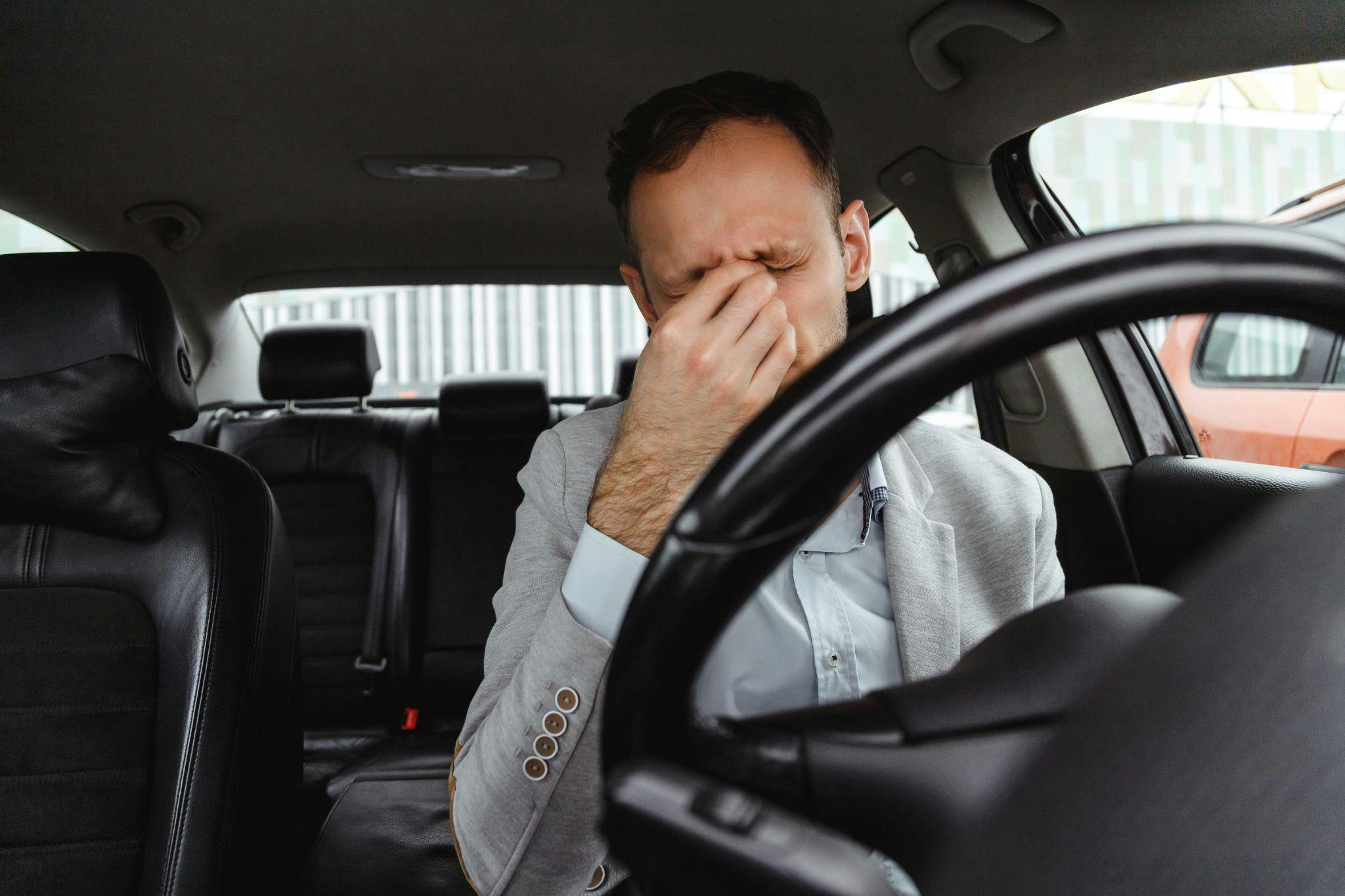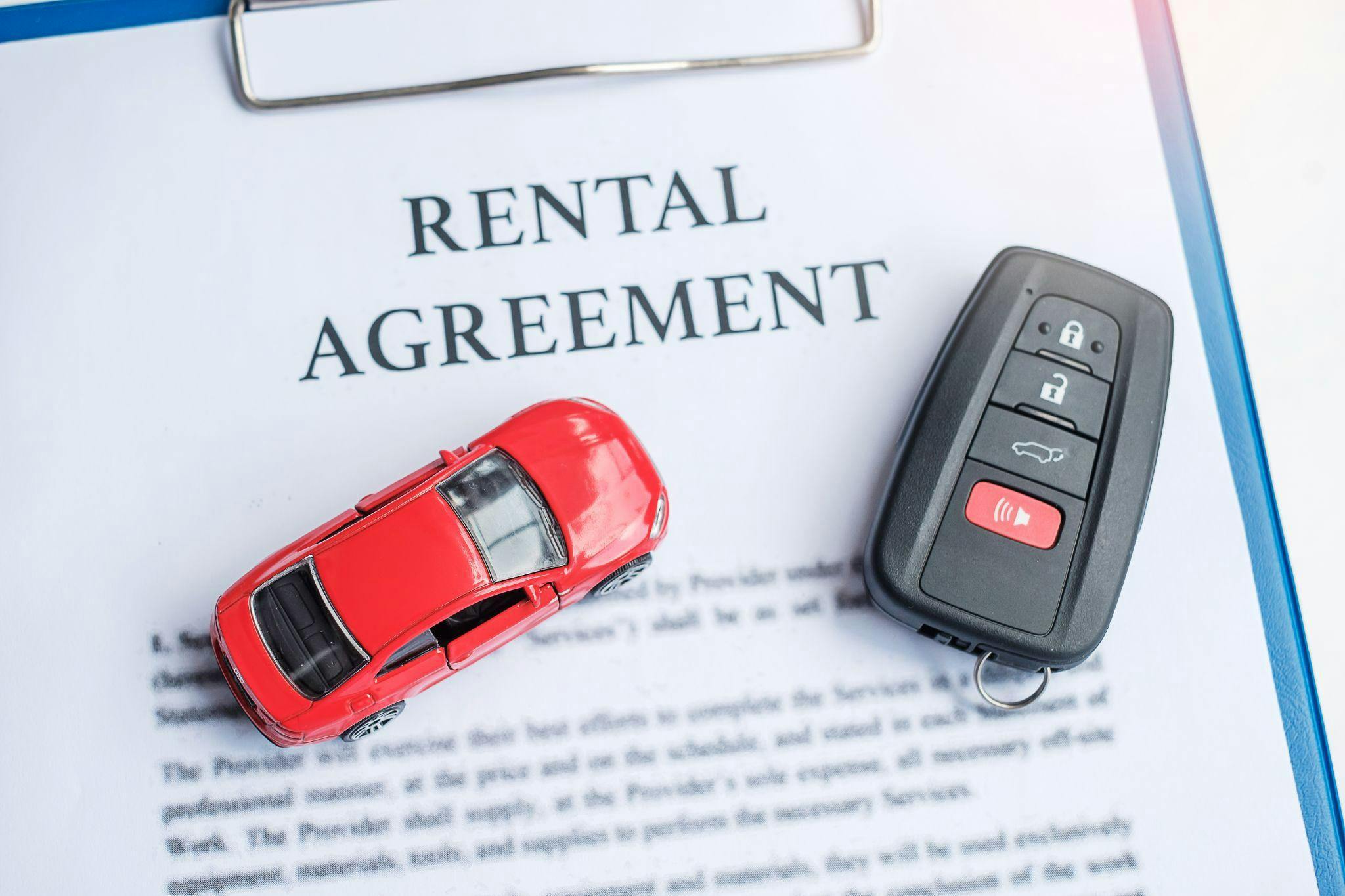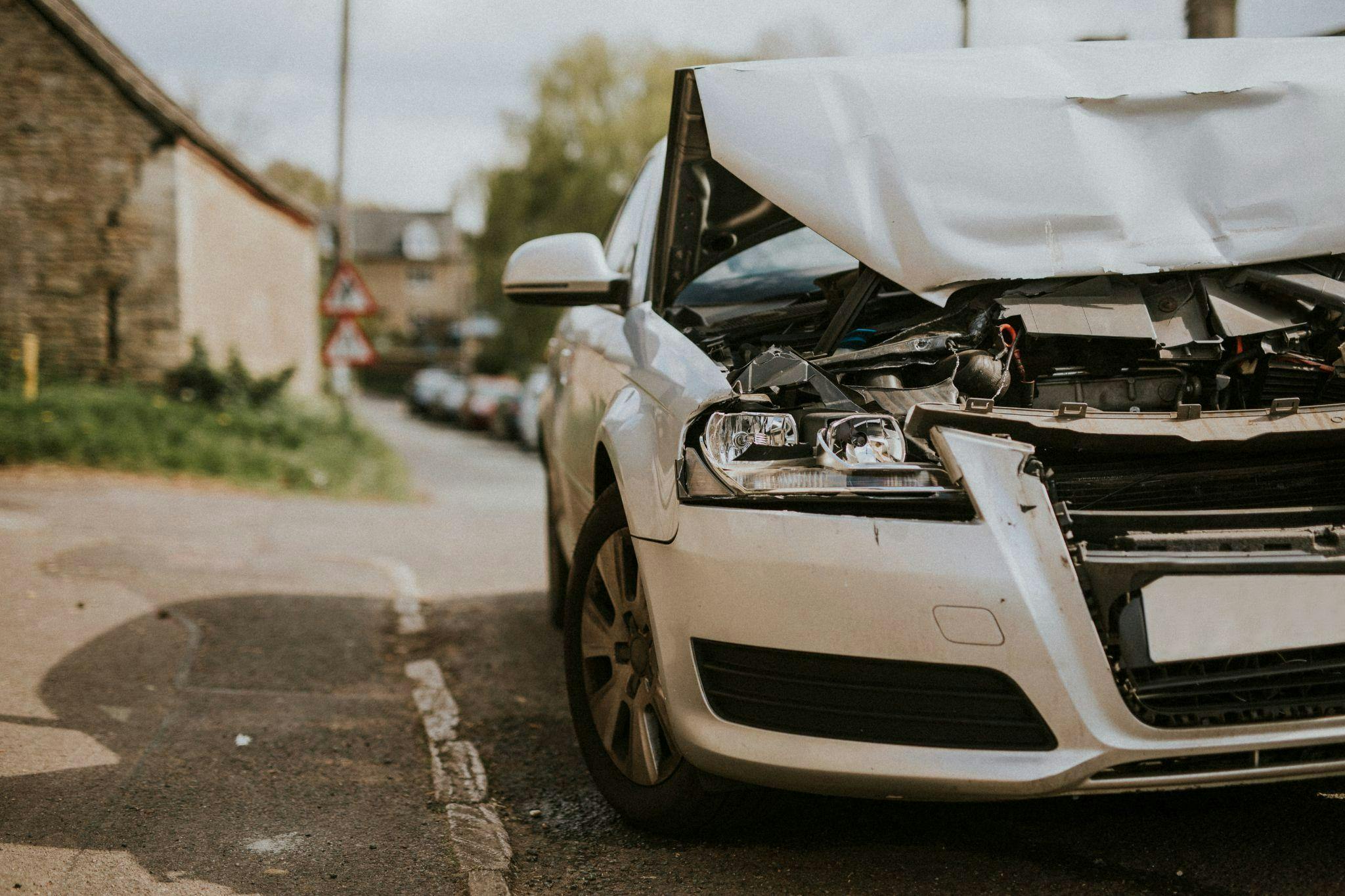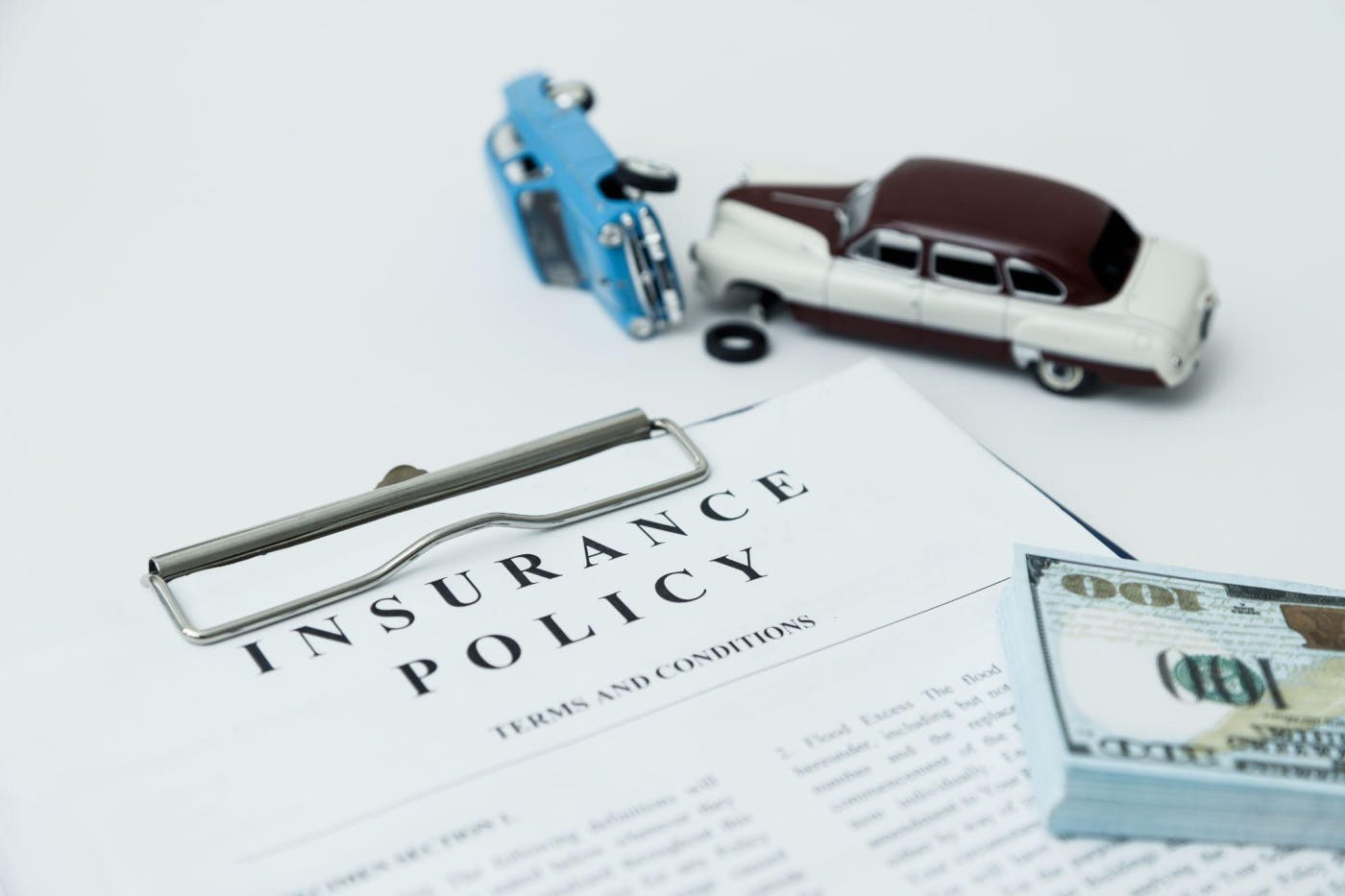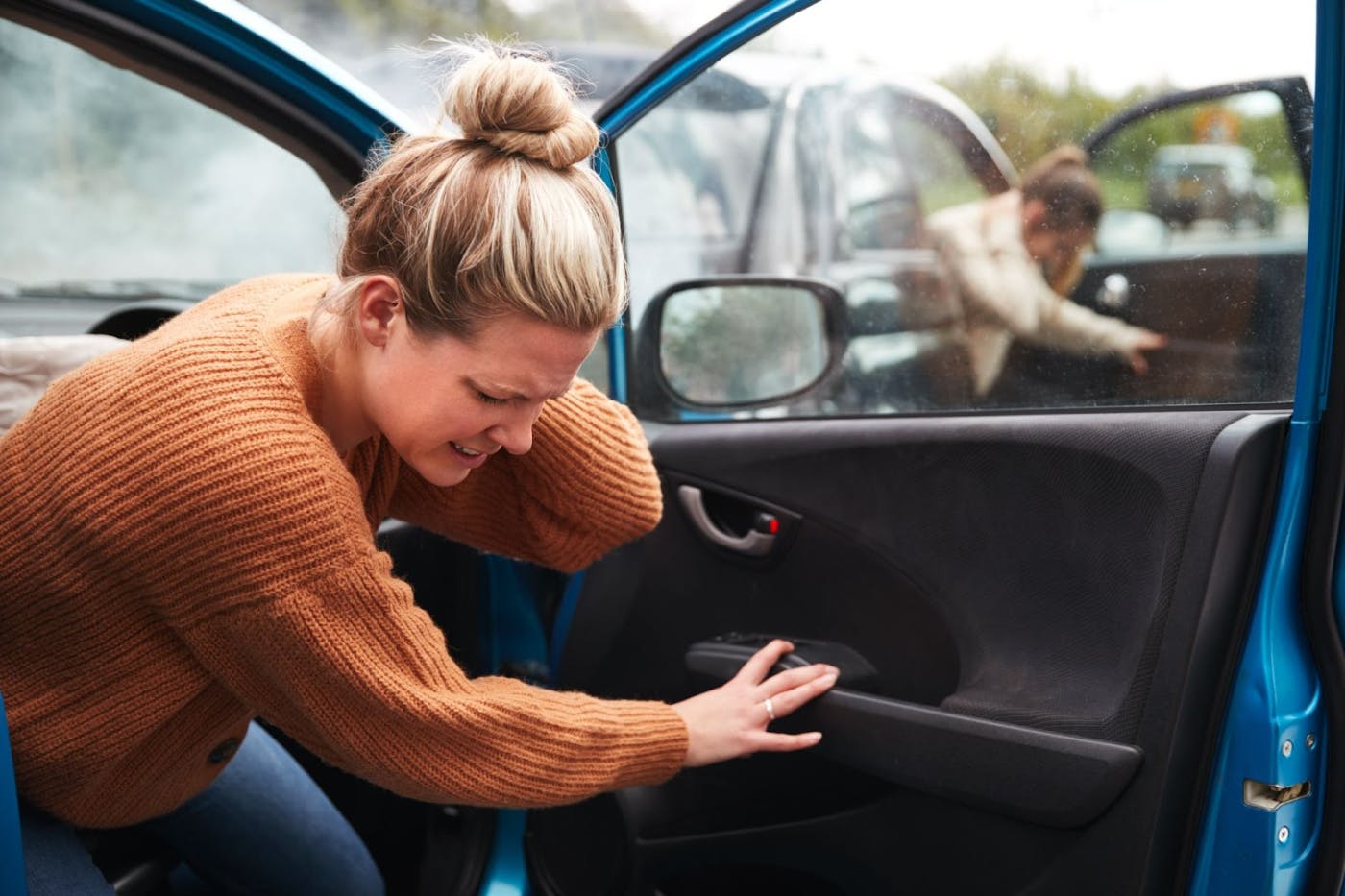Prepare and Take Care: How To Handle a Road Accident
Before –Keep it together after a crash by preparing before an accident occurs. Three easy steps to doing so are:
- Assembling an accident kit for your car – keep it in your trunk. Include a first aid kit, warning reflectors, a pen and paper for notes, a disposable camera (if your cell phone is not equipped with a camera), warm blankets to fend off cold temperatures if necessary, and medical alert cards for any family member with allergies, epilepsy, diabetes, or any other medical conditions.
- Order our free 10 Minutes, 10 Hours wallet card here and keep one in your wallet, handbag or glove box.
- Download and print What to Do When You Are Involved in a Car Crash from the National Safety Council.
- Stay calm – assess the health and safety of yourself and your passengers.
- Call 9-1-1 immediately if you or anyone else in your car is injured.
- Get out of harm’s way – if property damage is minor and you can do so safely, move cars and people out of traffic.
- Turn hazard lights on to warn other drivers.
- Exit your vehicle safely and check on the drivers and passengers in other vehicles for injuries. Make sure help is on the way, if necessary.
- Call police even if the accident is minor and there are no injuries. Don’t leave until they arrive.
- Be polite, don’t blame others, and don’t admit fault.
- Take pictures if you have a camera and it’s safe to do so.
- Exchange information with other drivers: name, address, phone number, license plate number, driver’s license number and insurance company details.
- Ask witnesses for names, phone numbers and addresses.
- Within the first 10 hours after an accident, record all necessary details ASAP to protect your interests.
- Secure vehicle for transport; remove valuables or other personal items.
- Seek medical attention as soon as possible if you were injured, even if you think your injuries are minor.
- Write notes for your records on everything about the accident, including weather, time, location, statements made, etc.
- Contact your insurance agent.
- Revisit the accident scene and take photos. Look for skid marks or anything else that seems important.
- Photograph your injuries if they are visible.
- Obtain police reports as soon as they are available.
- Evaluate damage to your car and get repair estimates.
- Contact your employer if you cannot work.
- If you are injured and/or there is extensive property damage.
- Before providing any information to an adjuster from another driver’s insurance company.
- If anyone is pressuring you into a quick settlement.
- Before the time period allowed for filing a claim (called the statute of limitations) expires




